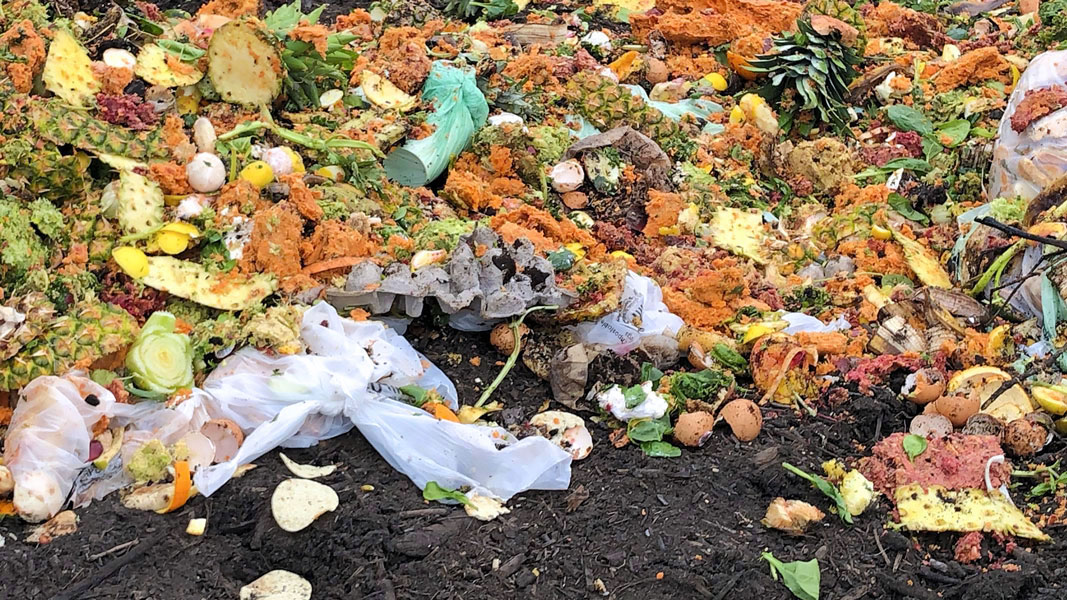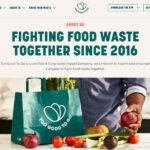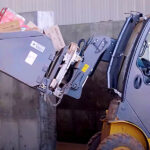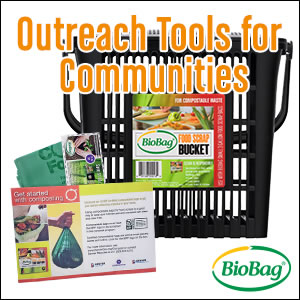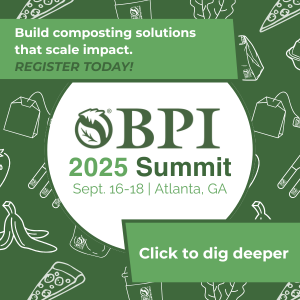Top: The amendments require that starting January 1, 2026, food scrap generators producing one ton/week or more have to donate excess edible food and recycle all remaining food scraps if a facility is within 50 miles. Photo by Nora Goldstein
On December 12, New York State (NYS) Governor Kathy Hochul signed Senate Bill S5331, which expands the original NYS Food Donation and Food Scraps Recovery Law that became effective on January 1, 2022. Under the original law, businesses and institutions that generate an annual average of 2 tons/week or more must donate excess edible food and recycle all remaining food scraps if they are within 25 miles of an organics recycler, e.g., composting facility, anaerobic digester, food waste preprocessor, etc. The new amendments to the law lower the threshold of food waste generators that must comply to an annual average of 1 ton/week starting January 1, 2026. The distance to a processor is expanded to within 50 miles of a food waste generator. The quantity threshold drops to an annual average of a half-ton/week in 2028. New York City is exempt from the state law as it has its own local law that requires food waste generators of a certain size to divert the material from disposal. The NYS Department of Environmental Conservation (DEC) is required to submit annual reports to the governor and legislature that measures the law’s progress. The most recent report (2023) has data for 2022, with 874 designated food scrap generators (DFSG) required to comply with the law; 634 filed an annual report. A total of 20,147 tons of food was donated by 629 DFSGs, and 266,468 tons of food scraps were recycled. However, only 16,879 tons were recycled by DFSGs who were required to recycle under the Law, and 249,589 tons of food scraps were recycled voluntarily by food scrap generators in 2022.


